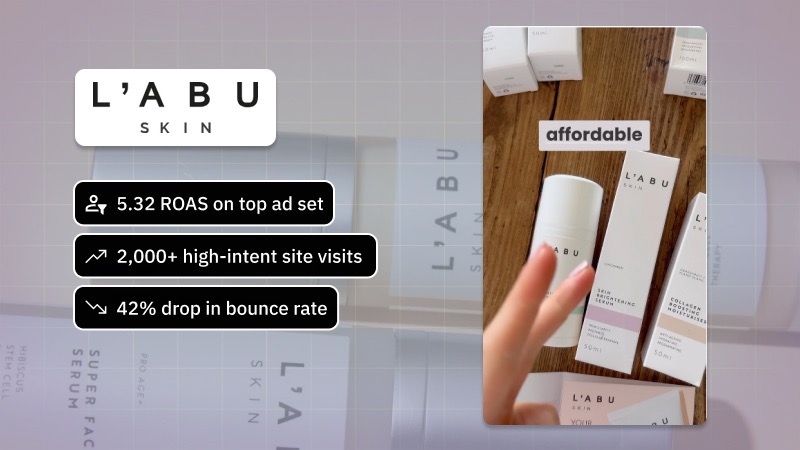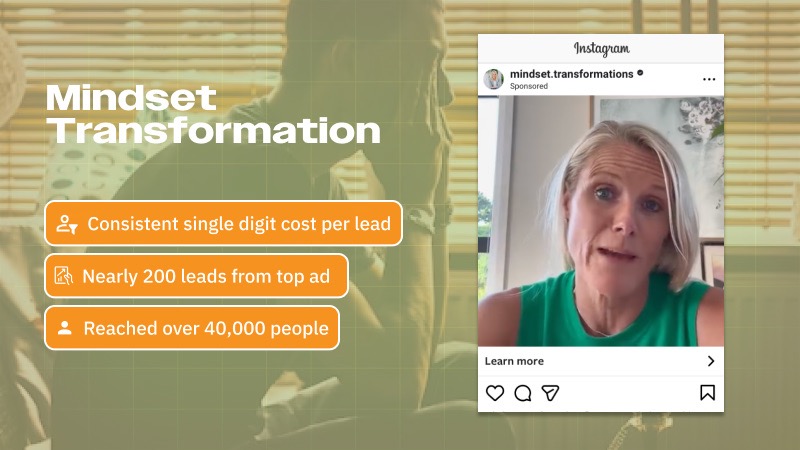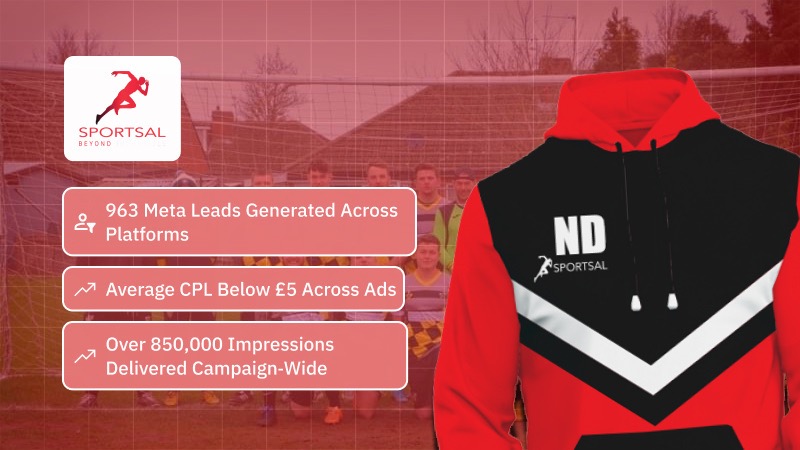Boost your brand with Soudcoh’s top-notch socials – let’s grow your business today!

Social media and SEO might seem like separate strategies, but they actually support and strengthen each other in powerful ways. While social signals (likes, shares, comments) aren’t direct ranking factors for search engines, their ability to boost visibility and drive traffic is undeniable.
One of the key ways social media enhances SEO is through content distribution. When you post valuable content on platforms like Instagram, LinkedIn, or Facebook, it gets more exposure—and more chances to be shared or linked to. These shares don’t directly affect rankings, but they can help your content get discovered by others, including bloggers and publishers who may link back to it. And those backlinks are a major SEO win.
Another indirect benefit: brand awareness. A strong social presence builds trust. People who recognize your brand from social media are more likely to click on your website in search results. Plus, your social profiles often show up in branded searches, giving you more visibility on the search page.
By integrating SEO into your social media strategy—like using keywords, linking to your site, and creating engaging posts—you build a synergistic system that multiplies your reach. As highlighted by DesignRush, keeping up with analytics and trends in social media can also help refine this approach for better results.
So no, social media isn’t a magic SEO bullet—but used right, it’s a powerful ally that helps your content travel further and last longer in the digital space.
Optimising your social media profiles for search engines is a critical yet often overlooked aspect of SEO. A well-optimised profile not only enhances your visibility on social platforms but also boosts your chances of appearing in Google search results.
Start by ensuring consistency across all your social profiles with a clear and recognisable brand name, profile handle, and profile photo or logo. Use your business name exactly as it appears on your website and other online listings. This helps search engines connect the dots between your profiles and your brand, building authority and trust.
Incorporate strategically chosen keywords into your bio, description, and even in your content. Think about what your audience might search for and use relevant terms naturally—avoiding keyword stuffing. For instance, if you're a Melbourne-based digital marketing agency, phrases like "Melbourne digital marketing" or "social media strategy in Australia" should feature prominently. These keywords not only assist with social searches but can also help your profiles show up in organic search results outside of the platforms themselves.
Finally, don’t forget to include links to your website and other key pages. Use the website field and bio space effectively, whether to drive traffic to a landing page, contact form, or latest blog post. An optimised profile serves not just as an information source but also as a conversion tool that strengthens your overall digital presence.
Creating content that people genuinely want to share is one of the most effective ways to boost your SEO rankings. When your content gets circulated across social media platforms, it naturally builds visibility and earns valuable backlinks. This signals search engines that your content is authoritative and relevant.
To make your content highly shareable, focus on three core elements: engagement, value, and simplicity. Use visual storytelling, infographics, and short, impactful videos that either solve a problem or spark an emotional response. Write headlines that are clear, catchy, and keyword-optimized—without sounding robotic.
You can increase your chances of going viral by monitoring what your audience cares about right now. Social listening tools help identify trending topics, pain points, or popular discussions so you can create timely, relevant posts. For example, DesignRush regularly publishes insights on social media analytics and trends you can leverage.
Make it easy for people to share your content: add social sharing buttons and embed codes right into your pages. Finally, consistency is key. Keep publishing on a regular schedule aligned with your audience’s online habits, and refine your approach based on what performs best. Over time, this builds your domain’s authority and helps your content climb search rankings.
Building a strong presence on social media requires more than just posting consistently. To truly boost your visibility and authority, you need to engage with your audience in meaningful ways that foster trust and relevance.
Start by actively responding to comments, questions, and messages on your posts. This simple act not only encourages more interaction but also signals to the social platform’s algorithm that your content is worth surfacing. Taking part in relevant conversations in niche communities and groups also helps position your brand as a knowledgeable and approachable source.
Another effective tactic is to collaborate with influencers and thought leaders in your industry. By partnering with individuals who already have a loyal following, you gain access to a broader audience and build credibility by association. These collaborations can range from co-hosted live sessions to guest posts or even social media takeovers, depending on your goals and resources.
Don’t shy away from using interactive content formats like polls, quizzes, or question boxes. These tools invite users to participate directly, boosting your engagement rates and making your content more discoverable. The more your audience interacts with your posts, the more likely it is that the platform will increase your reach organically, amplifying both your visibility and perceived authority with every interaction.
Once your social media SEO strategy is up and running, the next step is to track how it performs. Without ongoing analysis, it’s nearly impossible to know what’s working and what needs adjusting.
Start by monitoring key performance indicators (KPIs) like engagement rates, click-throughs, follower growth, and keyword performance within platform search. Use analytics tools provided by each platform—such as Facebook Insights, Twitter Analytics, or Instagram’s built-in data—to get a clearer picture of how your content is being discovered and shared. Google Analytics can also help track traffic that’s coming from your social channels to your website, showing which platforms and posts are converting best.
It’s important to regularly assess which tactics yield the strongest results and which may be underperforming. For instance, if posts using certain hashtags consistently reach broader audiences or drive more clicks, that’s a sign to double down on them. On the flip side, declining engagement might signal poor timing, misaligned content, or the need to revisit your keyword choices.
Refining your social SEO tactics should be an ongoing, iterative process. Try A/B testing different content formats, experiment with post scheduling, or even tweak your social bios for better keyword integration. The digital landscape changes quickly, so staying adaptive will not only keep your strategy fresh but also improve your long-term visibility and reach online.
Whether local or global, we help your brand rise in search.


